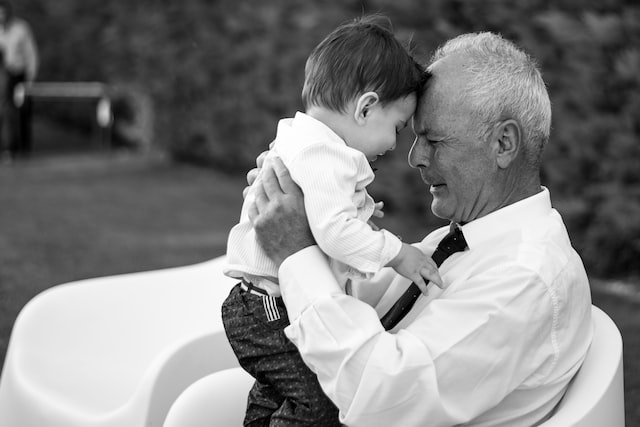Family business succession in the CEE region is a little different. That’s because most family businesses were founded after the end of communism in the 90s, and most are still owned and controlled by the first generation. At the risk of generalising, that means that we are usually talking about a single owner / founder, who is now typically in his 70s.
He (it is almost never she) still takes an active, hands-on, role in the business. Control is absolutely fundamental to his philosophy, and ego is a core attribute. Despite the fact that these businesses can be vast, employing hundreds of staff in multiple locations, the founders still believe “the business is me, and I am the business” and “Only I know what to do”.
This positioning can make the process of planning to pass the business on from the first generation to the second generation challenging. These problems are often exacerbated by a lack of advance planning and investment in the children’s business skills and knowledge. As a result, the children are not always the right people to control the business – and even if they are, they sometimes lack the skill sets they need to do so.
Remember, a succession plan is not just a legal document – it is a process within the family. It takes time and energy to implement, but that investment pays dividends. Many Czech families are only now embarking on this process – perhaps a little late – but better late than never.
This in turn explains why it is that now, at this stage in the development of our family business context, we spend a lot of time focusing on children. Doing this is important, but as we do so we run the risk of overlooking one of the most important lessons we can learn from truly multi-generational businesses abroad. If we have made mistakes with the children, we may be able to fix them. But what about the grandchildren? Why not start the succession process early and develop these young people so that later on there are no problems that need to be fixed?
One of the most important parts of this is the memorable, important and valuable lessons that the Founder (Granddad) can impart to the grandchildren from the very beginning – even as he bounces them on his knee. Preparing future generations to lead and understand the business is one of the most important investments a family business can make.
This is challenging. We are reluctant to talk to our children about their legacies and even more reluctant to discuss these things with sometimes very young grandchildren. We don’t want them to know how much money we have, or how much money they are going to inherit. This is valid. We need to protect them from a sense of entitlement and from the ‘silver spoon syndrome. However, we also need to strike a balance. If we over-protect them from the negative aspects of inherited assets, we miss the chance to maximise the positive aspects.
When preparing grandchildren for a future where one day they may inherit the family business, it doesn’t make sense to deny them any information or knowledge. If you do that, once they get their hands on their share of the family business, they won’t have any idea what to do with it.
Here are some of the gifts you should give your grandchildren
- From a very young age, make sure that they know what your business is and what it does. If your business makes things then it’s easier; you can take them around the factory and show them. Make the tours as fun and interactive as you possibly can. If your business provides services rather than goods it is a bit more challenging, but usually, with a bit of imagination a lot is possible. From the age of around 7, my own children were able to understand what a trust was and how people used then. Their knowledge was of course far from complete – but they did know with absolute certainty that working with trusts was a truly exciting and fascinating vocation! 😊
- Make the interactions that they have with the business as interesting, as fun, and as educational as possible.
- Help them understand how important the business is to the family. They should know that the nice life they enjoy is derived directly from the success of the business. Because the business is important, we all as a family, need to nurture it, to make sure it succeeds
- When the older generations get together for reasons connected with the business, bring the younger generations along and involve them to the maximum extent that makes sense. This may dictate a different approach for different age groups. You may not want 8-year-olds attending your family council meetings – but 15-year-olds might benefit from that. If the 8-year-olds are doing something else, think about how you can connect that to the business. When the family dedicates time collectively to the business, try to make sure that the entire family is involved.
- Make sure that you maximise the possibilities for the young ones to do work experience and internships in the business.
Being part of a family business can be truly rewarding. The special combination of family and business delivers great returns. Not just financial returns, but also emotional returns and relationship returns.
Many family businesses are the source of family conflict, but if you develop your family correctly it can instead be something that binds them together more strongly.
